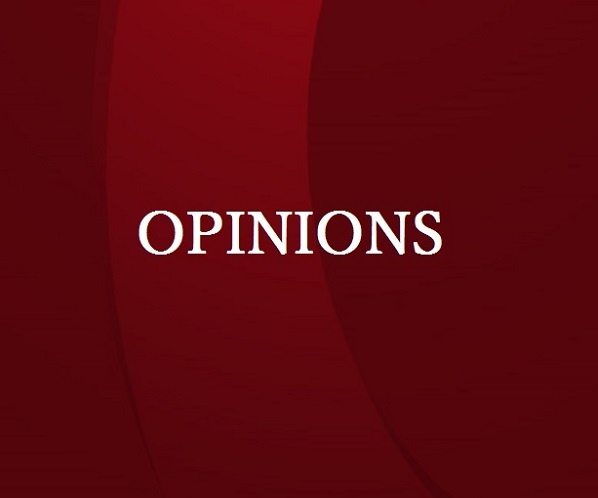By Saleh Salama
Hard Times

By the end of last year, the Central Bank of Libya expressed its real fear over the deterioration of the economic situation in the country and the fact that the country was gradually moving towards the verge of economic collapse.
By the lapse of the first months of this year, all circumstances indicated that the situation would be much worse than what is expected. Later, the petroleum sector witnessed a big decrease in oil production because the oil fields in the west, east and center of Libya were affected by the conflict between different parties.
The daily oil production is about 200,000 barrels per day; that is to say 13% of the usual Libyan production. The crisis was even getting worse when oil prices declined to half of the price in the past.
In a country like Libya, any decrease in the revenue of oil will cause adverse results both economically and socially. Deficit in the budget will lead to inflation that will badly affect the majority of society classes especially those related to working in public sector, those receiving pensions or those receiving permanent financial aids from the government.
In the light of the dramatic changes in oil production and prices, the country will witness an unprecedented crisis, even assuming that the oil production will go back to its previous rate (1.6 million barrels per day.) Yet, the oil revenues will not be enough to cover state demands, especially in the light of the present oil prices, the non-indication of an improvement in oil prices in the near future, the international economic recession, and neglecting investment in oil sector (exploration and production), as well as the deterioration of income obtained from state departments like taxes, customs and the like. This will again lead to more pressure on the foreign currency reserve, thus eating reserves up in an attempt to cover the deficit in the general budget of the state.
This situation draws a gloomy picture for hard times of austerity and poverty while the Salvation Government of the General National Congress is trying to find substitutes to halt the descent into the abyss of severe economic crisis.
Disclaimer: The views and opinions expressed in this article are those of the writer, and do not necessarily reflect those of the Libya Observer.
